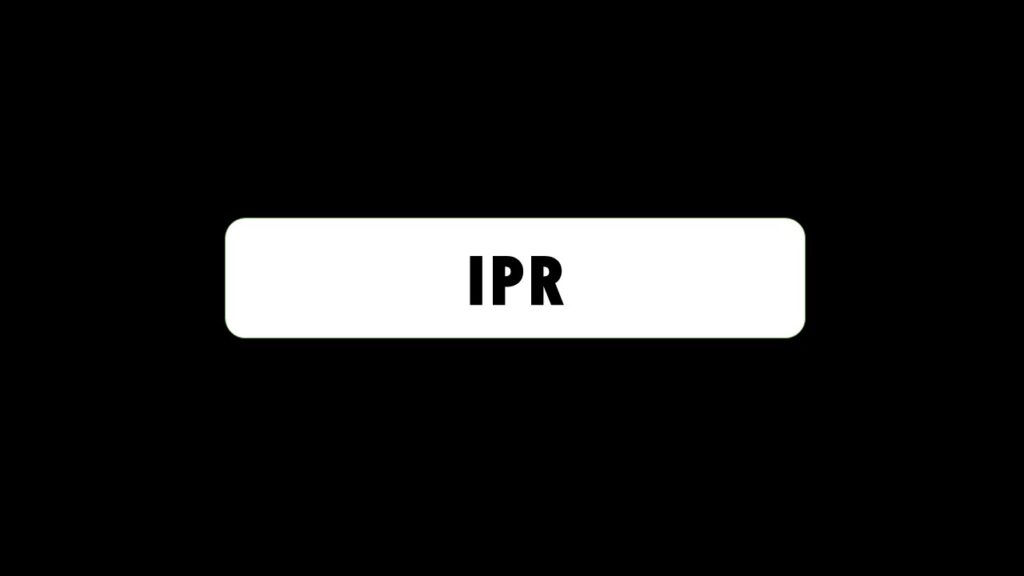K.C. Bokadia and Ors. vs. Dinesh Chandra Dubey [1999 (1) MPLJ 33]: Madhya Pradesh High Court
Non-registration of copyright does not take away available civil or criminal remedies
8. A careful analysis of the Scheme and the provisions of the Act does not disclose any legislative intention to make registration of copyright mandatory or to take away civil or criminal remedies in the event of non-registration of copyright. On the other hand, some of the provisions point a contrary conclusion. Copyright is the exclusive right, subject to the provisions of the Act, to do and authorise the doing of any of the acts enumerated in Section 14 in respect of a work or substantial part thereof. The first owner of the copyright shall be the author of the work. In other words, the ownership of the copyright is a logical consequence of the authorship. Copyright does not arise from registration of copyright. Provision regarding registration and maintenance of register is basically a provision to enable entries to be made in respect of relevant particulars including the names of owners of copyright. Unless there is an existing copyright and a person is the owner of a copyright, the question of applying for or making entries in the register of copyrights does not arise. Registration follows the copyright and not vice versa. Certified copies entries in the register are only prima facie evidence without further proof and they are not conclusive. A copyright when it is propounded or challenged has to be duly established in a competent court. There is no specific provision as in the trade and Merchandise Marks Act or Indian Partnership Act barring institution of legal proceedings in the absence of registration. Having regard to all these circumstances it has to be held that registration is not mandatory and for breach of copyright, civil or criminal remedy can be resorted to without registration.
